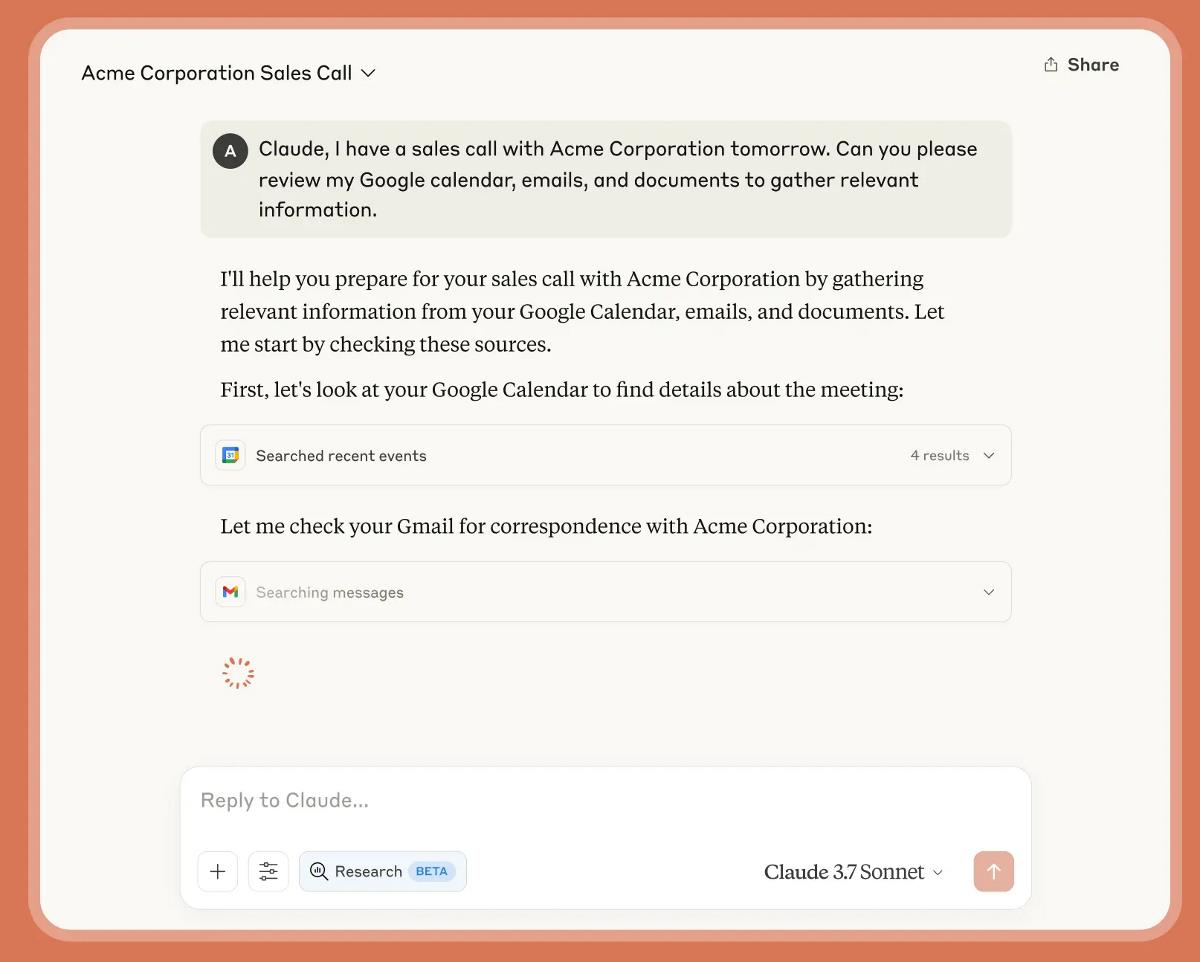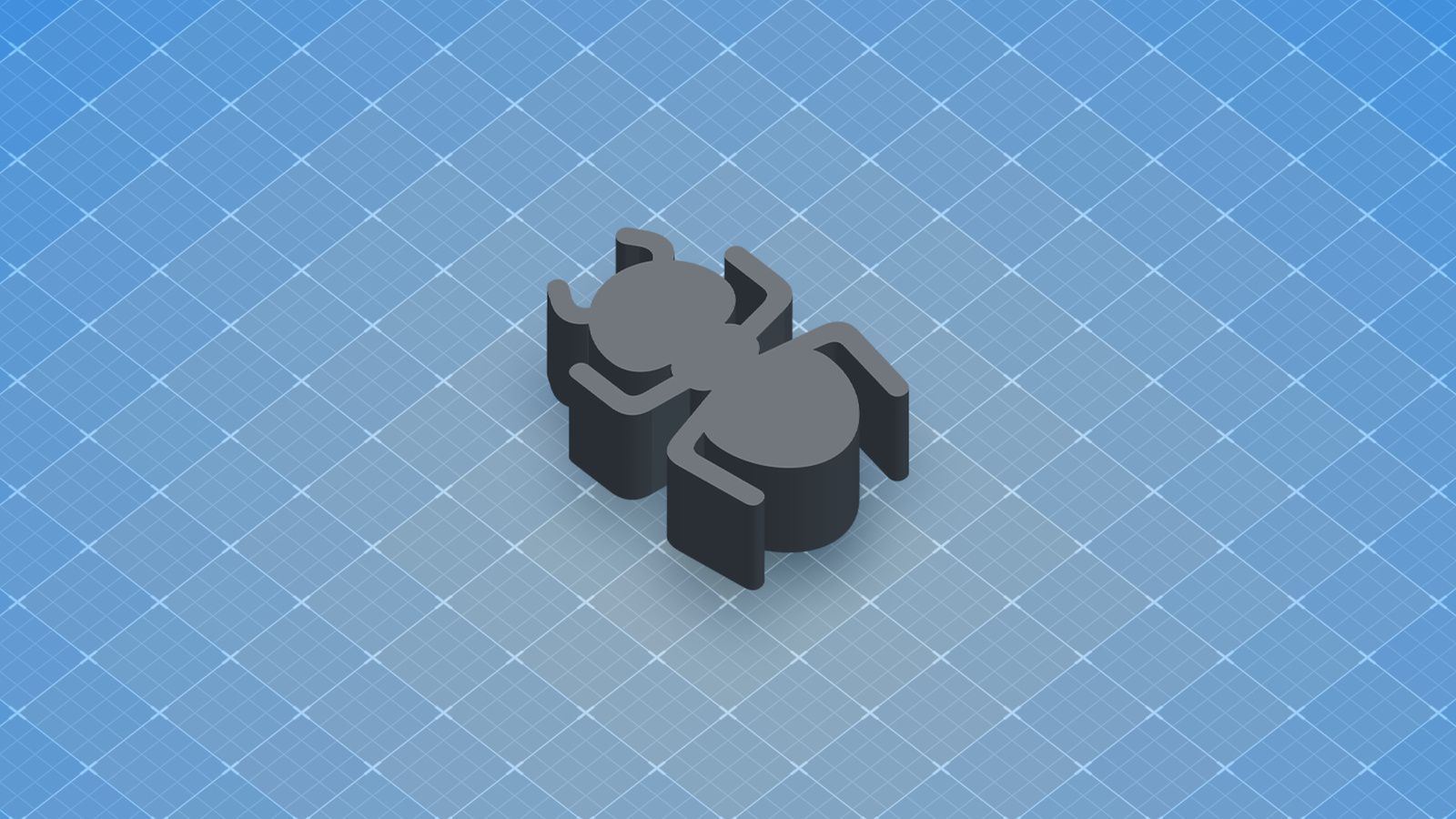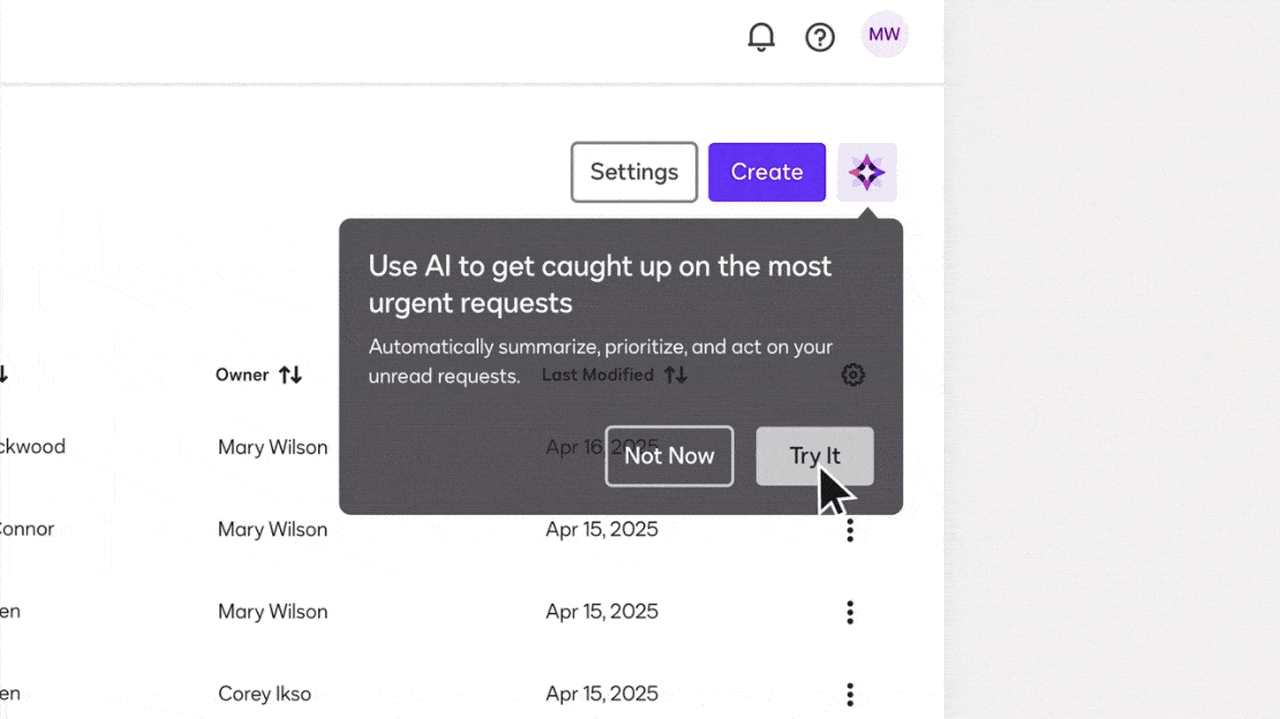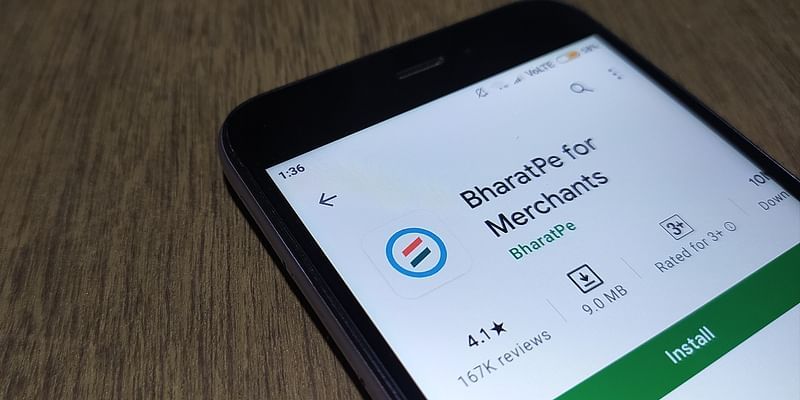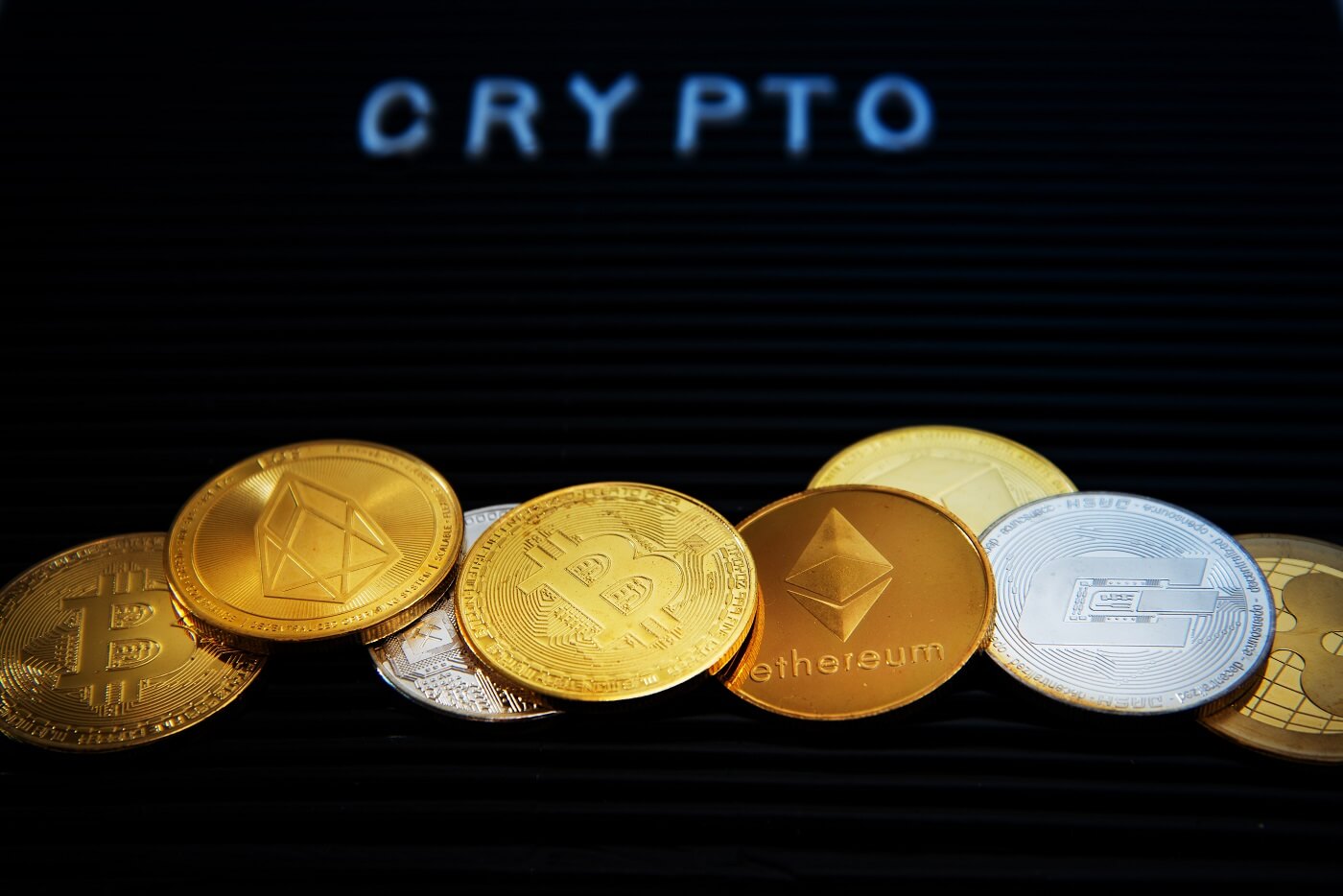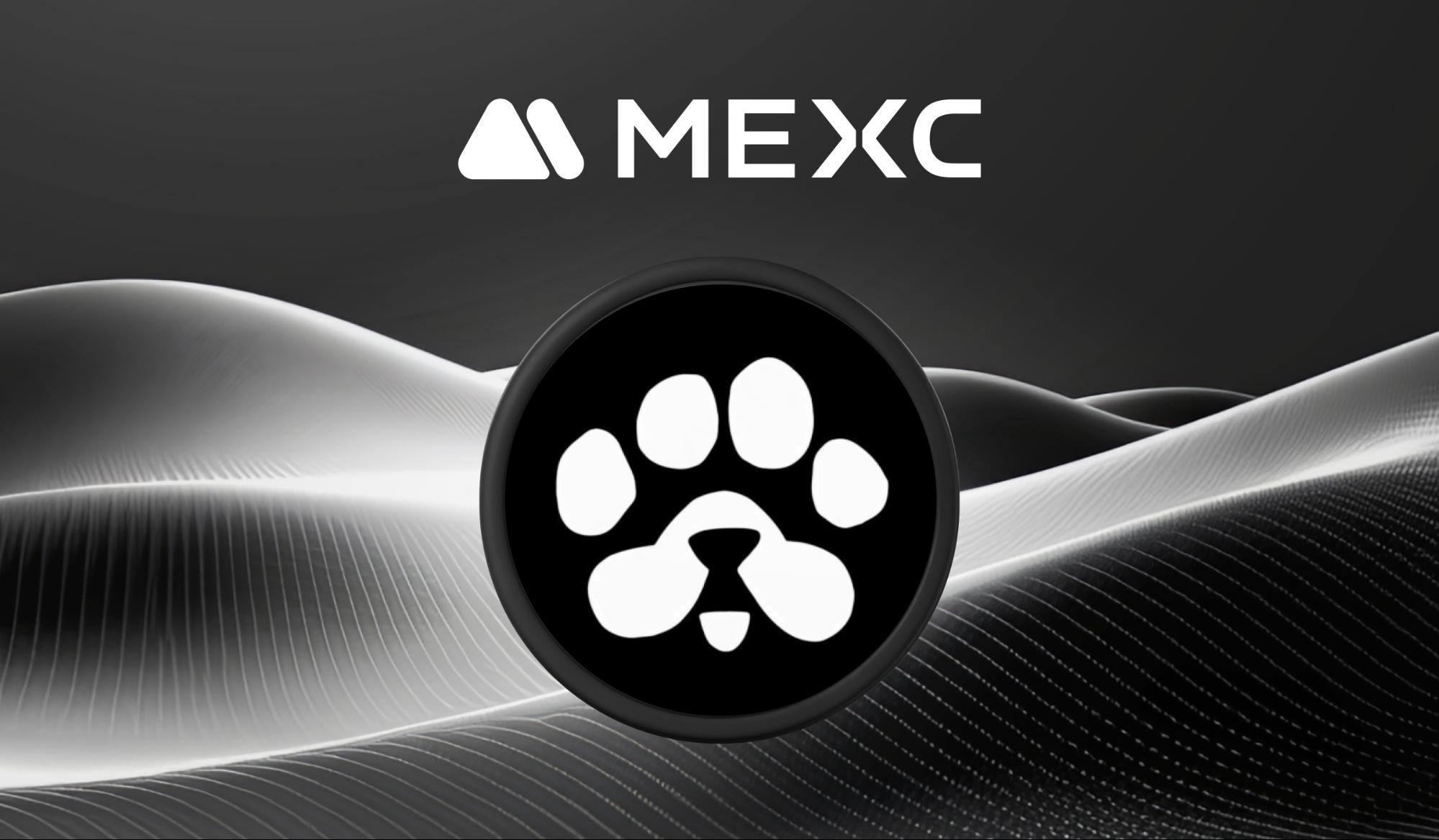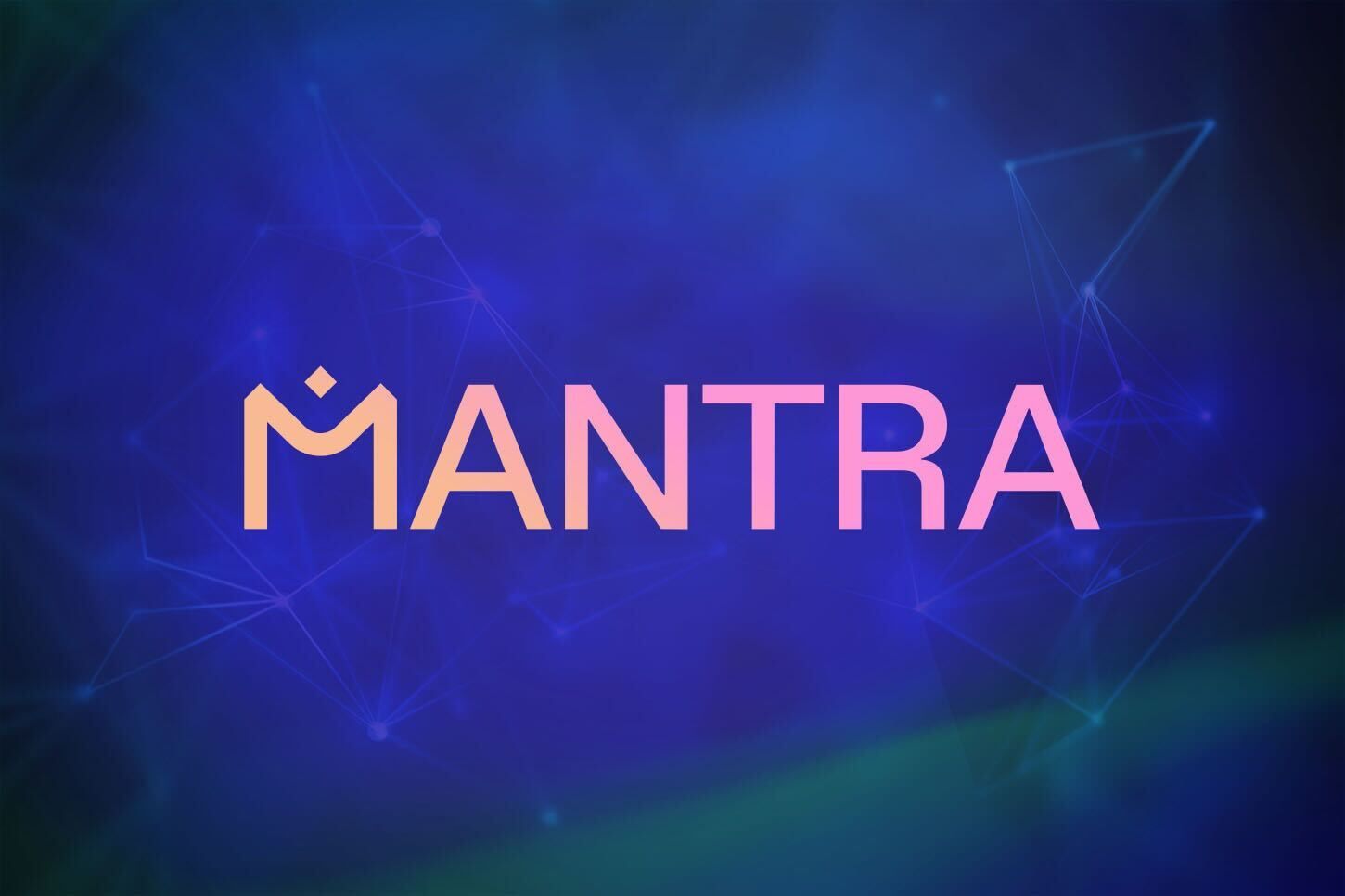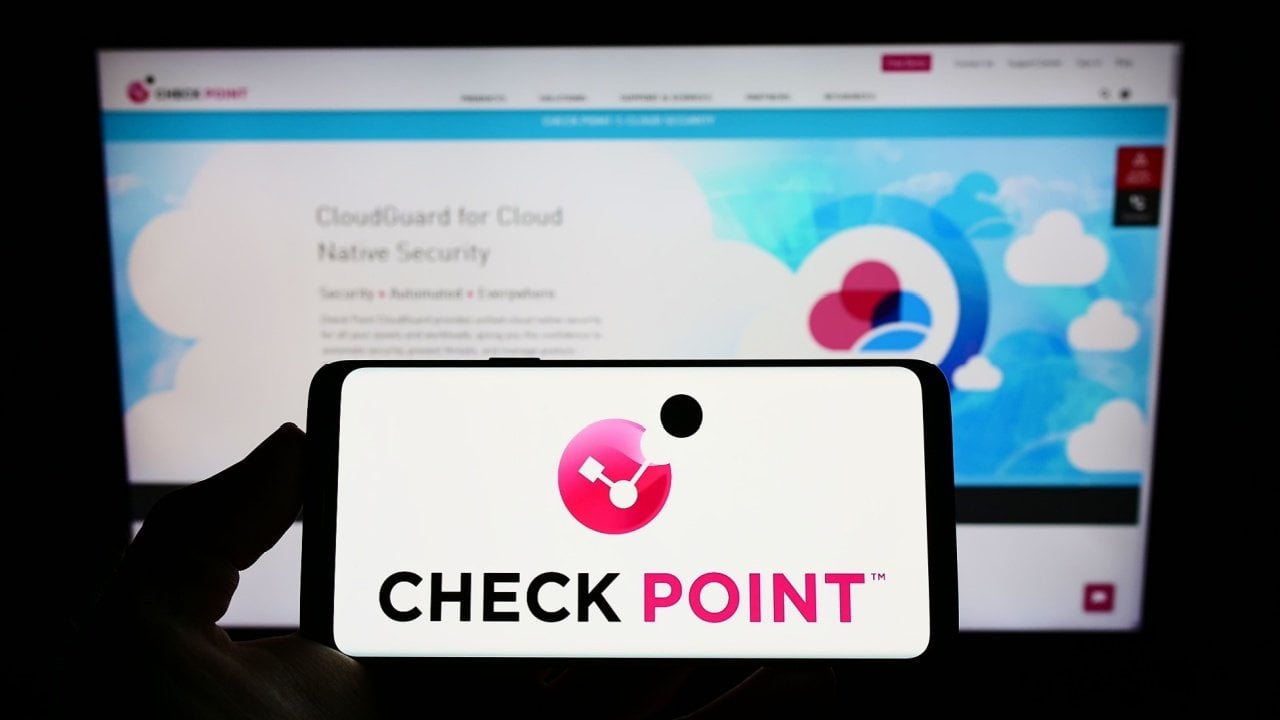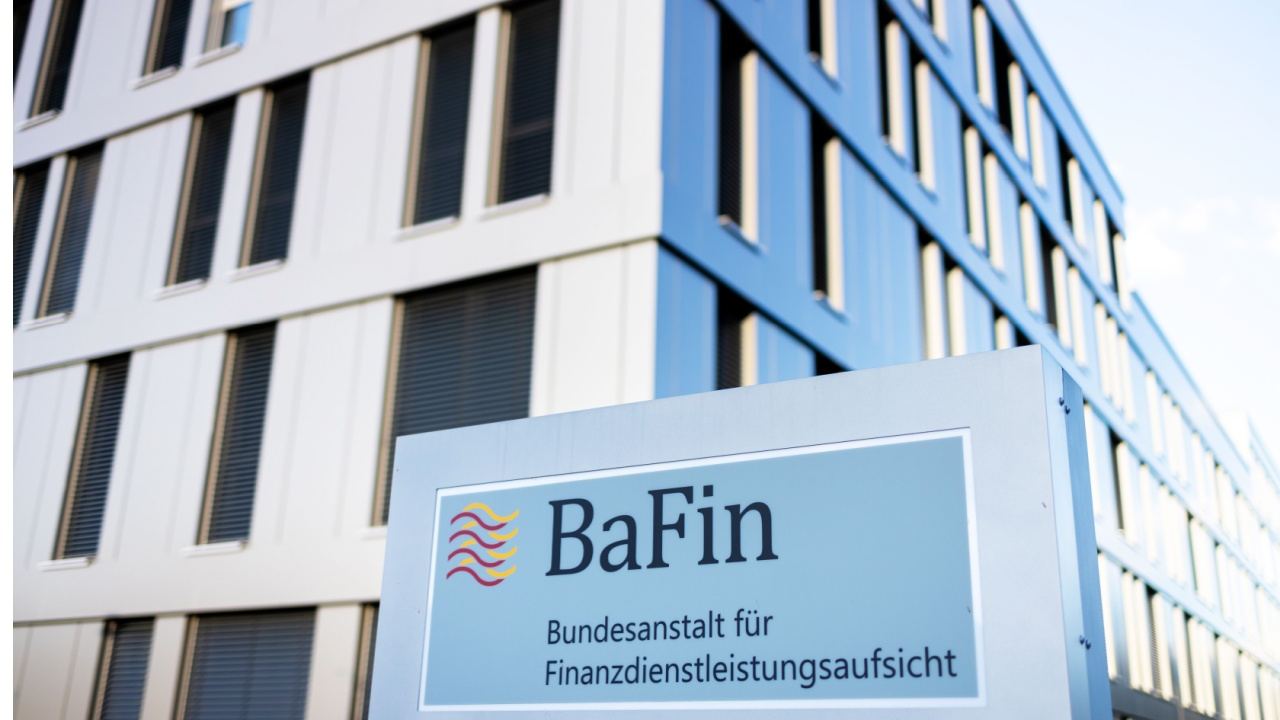OpenDNS Quits Belgium Under Threat of Piracy Blocks or Fines of €100K Per Day
In a brief statement citing a court order in Belgium but providing no other details, Cisco says that its OpenDNS service is no longer available to users in Belgium. Cisco's withdrawal is almost certainly linked to an IPTV piracy blocking order obtained by DAZN; itt requires OpenDNS, Cloudflare and Google to block over 100 pirate sites or face fines of €100,000 euros per day. Just recently, Cisco withdrew from France over a similar order. From: TF, for the latest news on copyright battles, piracy and more.

 Without assurances that hosts, domain registries, registrars, DNS providers, and consumer ISPs would not be immediately held liable for internet users’ activities, investing in the growth of the early internet may have proven less attractive.
Without assurances that hosts, domain registries, registrars, DNS providers, and consumer ISPs would not be immediately held liable for internet users’ activities, investing in the growth of the early internet may have proven less attractive.
Of course, not being held immediately liable is a far cry from not being held liable at all. After years of relatively plain sailing, multiple ISPs in the United States are currently embroiled in multi-multi million dollar lawsuits for not policing infringing users. In Europe, countries including Italy and France have introduced legislation to ensure that if online services facilitate or assist piracy in any way, they can be compelled by law to help tackle it.
DNS Under Pressure
Given their critical role online, and the fact that not a single byte of infringing content has ever touched their services, some believed that DNS providers would be among the last services to be put under pressure.
After Sony sued Quad9 and wider discussions opened up soon after, in 2023 Canal+ used French law to target DNS providers. Last year, Google, Cloudflare, and Cisco were ordered to prevent their services from translating domain names into IP addresses used by dozens of sports piracy sites.
While all three companies objected, it’s understood that Cloudflare and Google eventually complied with the order. Cisco’s compliance was also achieved, albeit by its unexpected decision to suspend access to its DNS service for the whole of France and the overseas territories listed in the order.
So Long France, Goodbye Belgium
Another court order obtained by DAZN at the end of March followed a similar pattern.
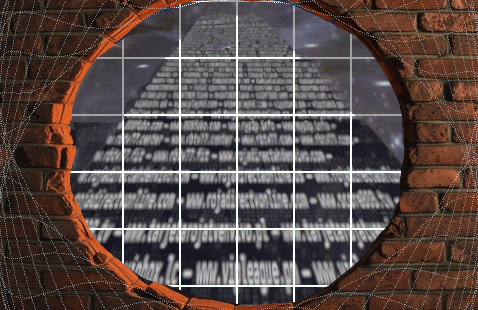 Handed down by a court in Belgium, it compels the same three DNS providers to cease returning IP addresses when internet users provide the domain names of around 100 pirate sports streaming sites.
Handed down by a court in Belgium, it compels the same three DNS providers to cease returning IP addresses when internet users provide the domain names of around 100 pirate sports streaming sites.
At last count those sites were linked to over 130 domain names which in its role as a search engine operator, Google was also ordered to deindex from search results.
During the evening of April 5, Belgian media reported that a major blocking campaign was underway to protect content licensed by DAZN and 12th Player, most likely football matches from Belgium’s Pro League. DAZN described the action as the “the first of its kind” and a “real step forward” in the fight against content piracy. Google and Cloudflare’s participation was not confirmed, but it seems likely that Cisco was not involved all.
In a very short statement posted to the Cisco community forum, employee tom1 announced that effective April 11, 2025, OpenDNS will no longer be accessible to users in Belgium due to a court order. The nature of the order isn’t clarified, but it almost certainly refers to the order obtained by DAZN.
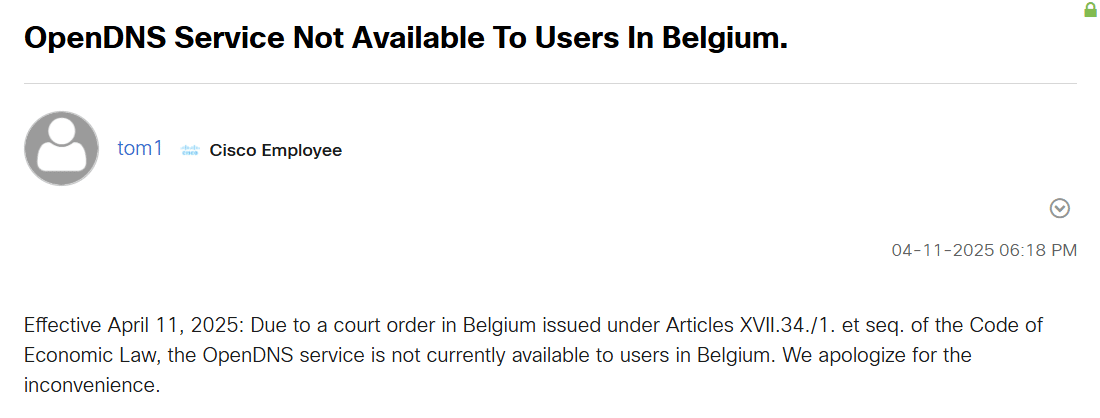
Cisco’s suspension of OpenDNS in Belgium mirrors its response to a similar court order in France. Both statements were delivered without fanfare which may suggest that the company prefers not to be seen as taking a stand. In reality, Cisco’s reasons are currently unknown and that has provoked some interesting comments from users on the Cisco community forum.
Possible Motivation to Exit
Whether the rightsholders requested it, or the Judge simply thought it was appropriate, is still unclear, but the blocking order has a sting in its tail for non-compliance. Believed to be targeted at Cloudflare, Google, and Cisco – but not Belgian ISPs also required to comply with its terms – the order warns of penalties of €100,000 for each day of non-compliance. A user on Cisco’s forum felt that compliance shouldn’t be a problem.
“The court is very specific what needs to be blocked (130 pirate sports streaming domains and five illegal IPTV platforms). Blocking DNS requests based on domain categorization is at the core of the service of OpenDNS. There is nothing stating that OpenDNS should stop its services in Belgium,” Wiggum wrote.
“So why isn’t OpenDNS complying to this ruling? Instead, by pulling out of [Belgium], the Internet becomes less safe for those making use of it.”
While these are valid points, without the order being made available to the public, the definition of “non-compliance” is an unknown factor with potential to tip the scales. €100,000 per day is an awful lot of money for failing to deal with alleged copyright infringement over which the company has zero visibility.
Compliance is an Ongoing Commitment
The second and most critical factor is the assumption that blocking 130 domains is the end of Cisco’s obligations. The blocking order is dynamic, meaning that DAZN can and will add additional domains to the block list whenever that’s required. On the basis that blocking new domains quickly is the main goal of dynamic blocking, it’s at least possible that Cisco preferred an exit rather than a ruinous penalty hanging over its head.
Speculation, of course, but with no such penalties directed at the pirate sites themselves, it’s not difficult to see why being held liable may not sit well with intermediaries distant from any potential infringement.
For those who until recently were simply going about their daily business, blindly directing overwhelmingly legal internet traffic, perhaps the mandatory police uniform didn’t fit or sit well.
From: TF, for the latest news on copyright battles, piracy and more.


















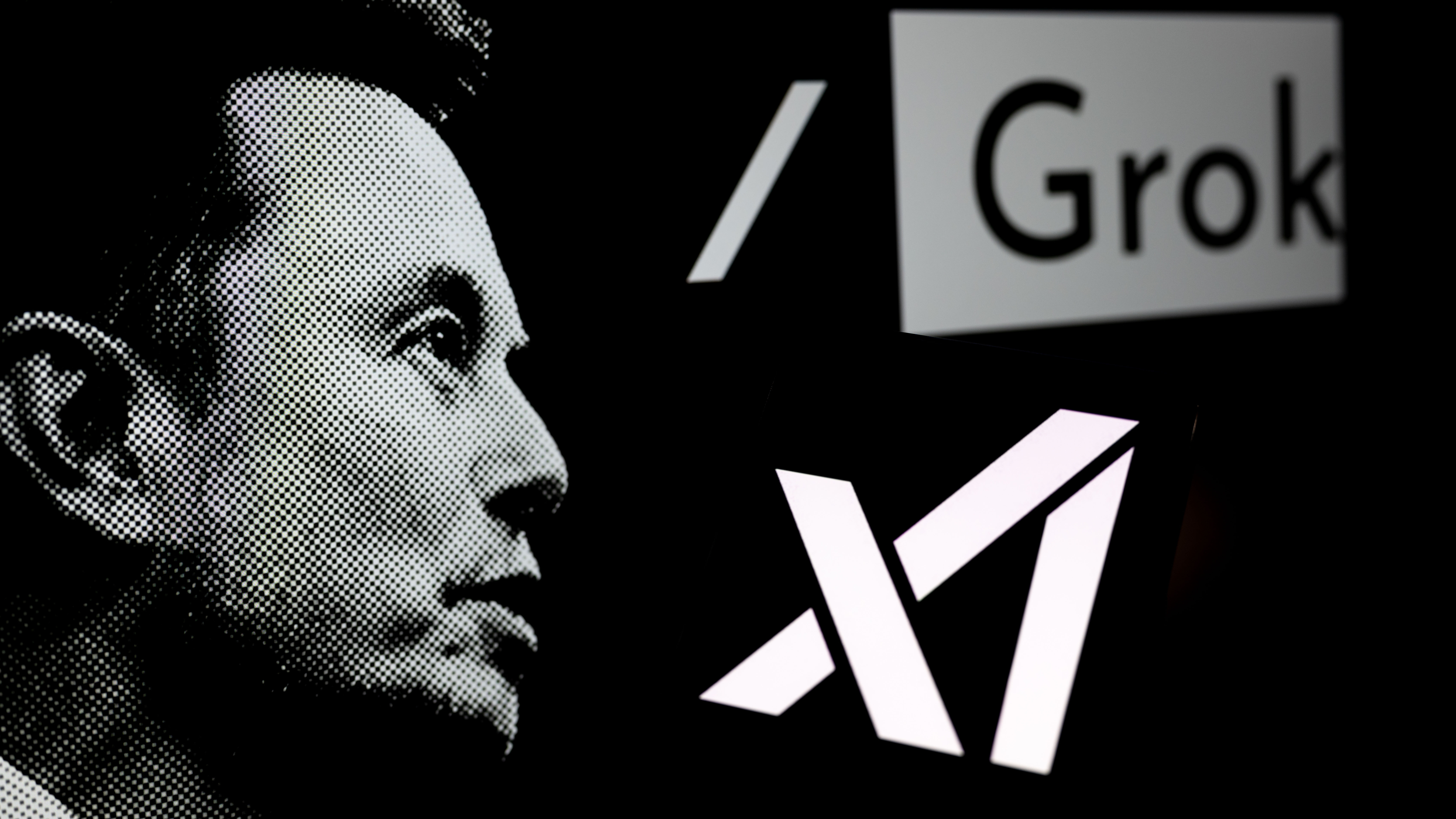
















































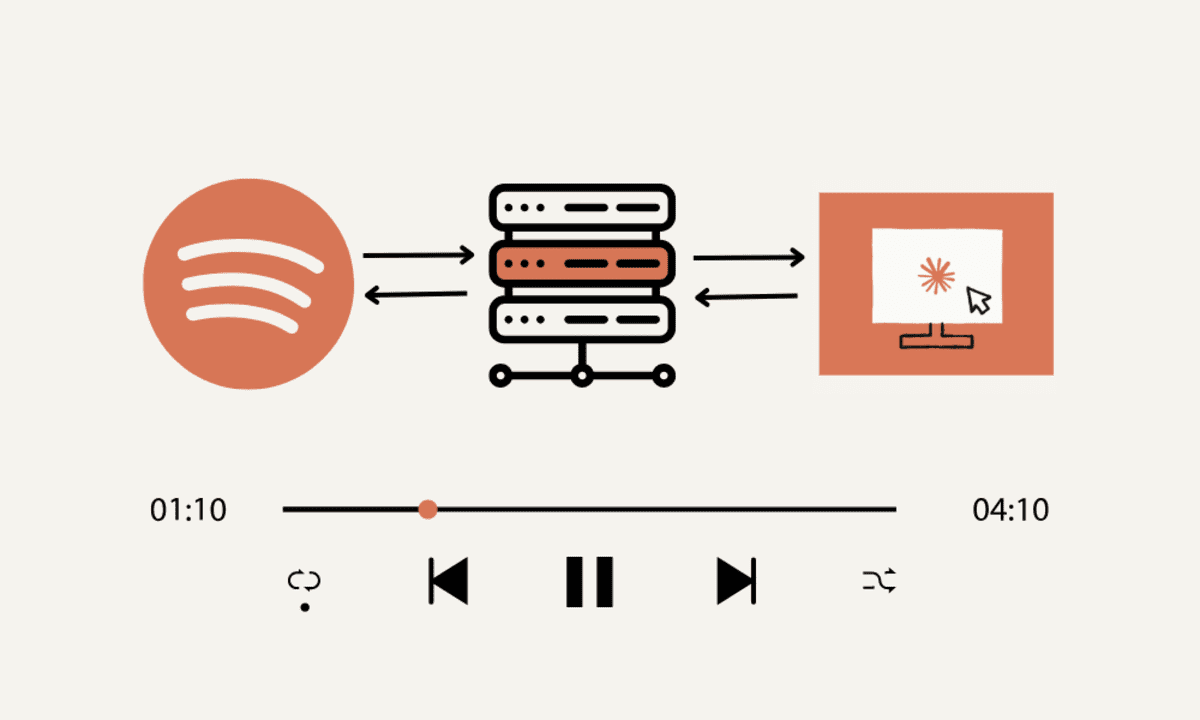







































































































![[The AI Show Episode 144]: ChatGPT’s New Memory, Shopify CEO’s Leaked “AI First” Memo, Google Cloud Next Releases, o3 and o4-mini Coming Soon & Llama 4’s Rocky Launch](https://www.marketingaiinstitute.com/hubfs/ep%20144%20cover.png)


































































































































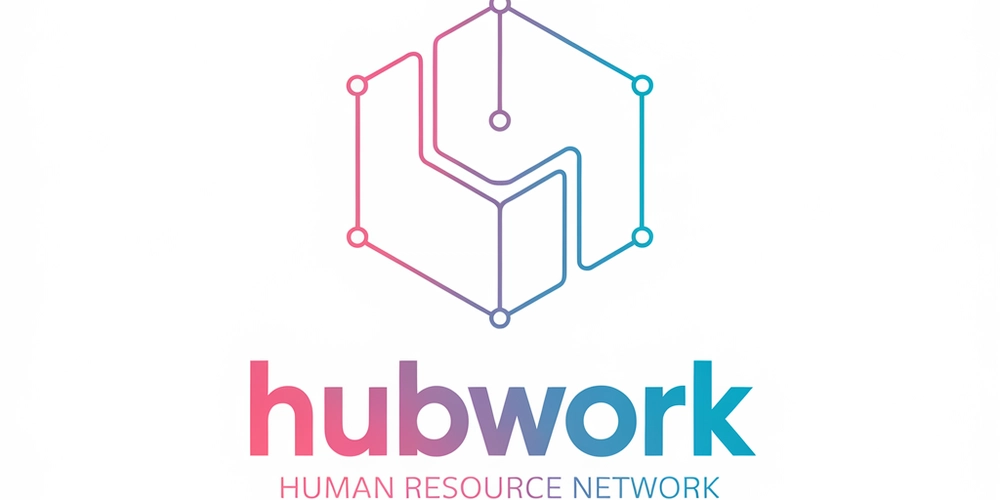
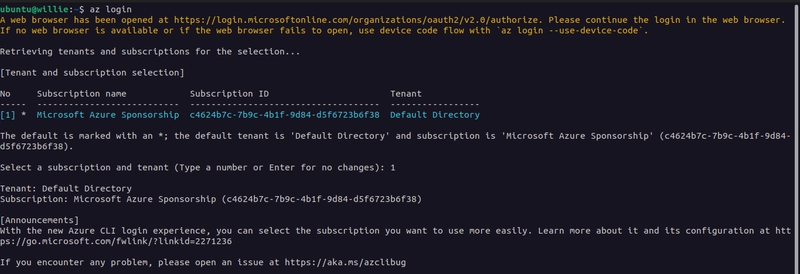























































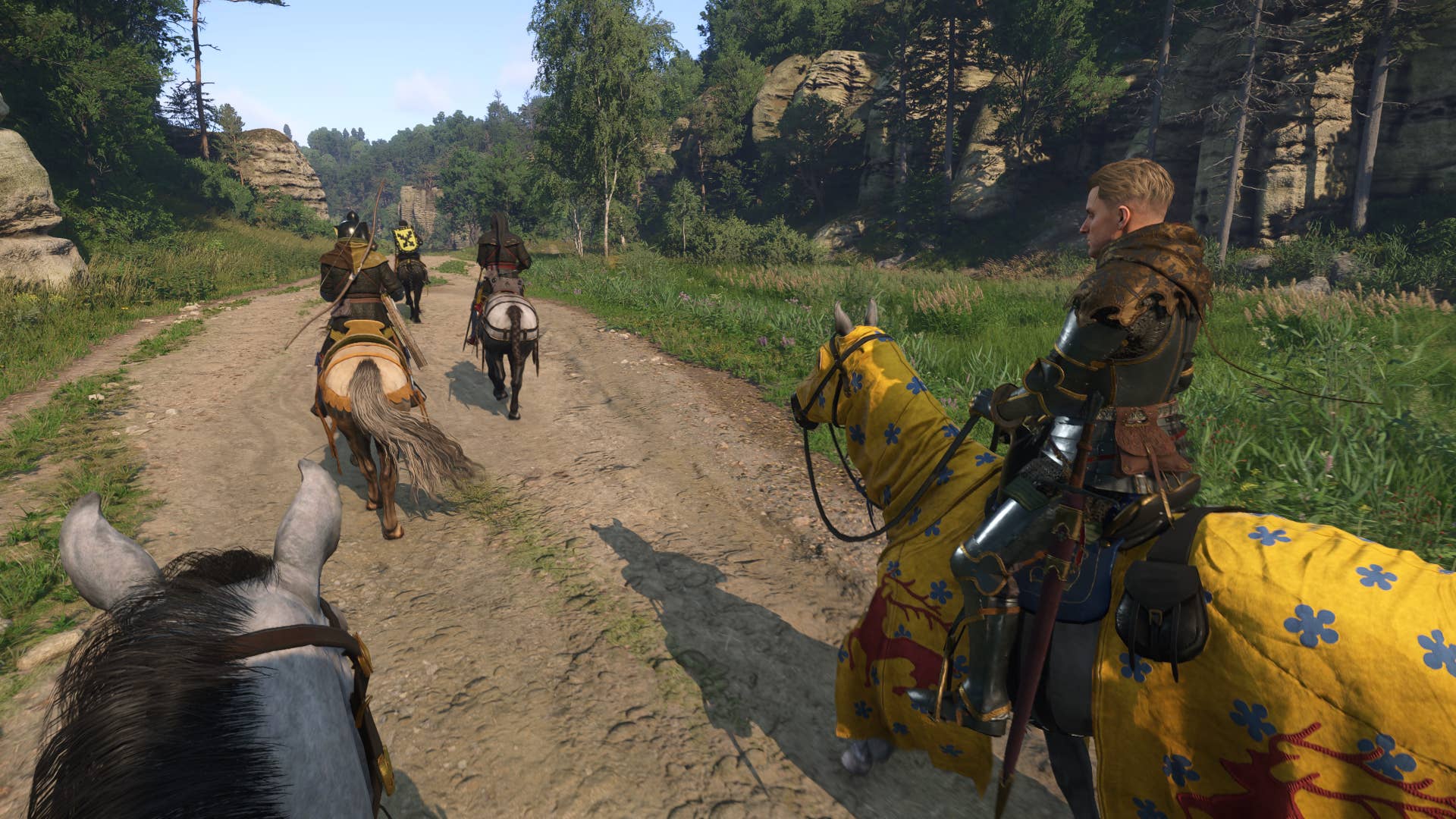








![Blue Archive tier list [April 2025]](https://media.pocketgamer.com/artwork/na-33404-1636469504/blue-archive-screenshot-2.jpg?#)



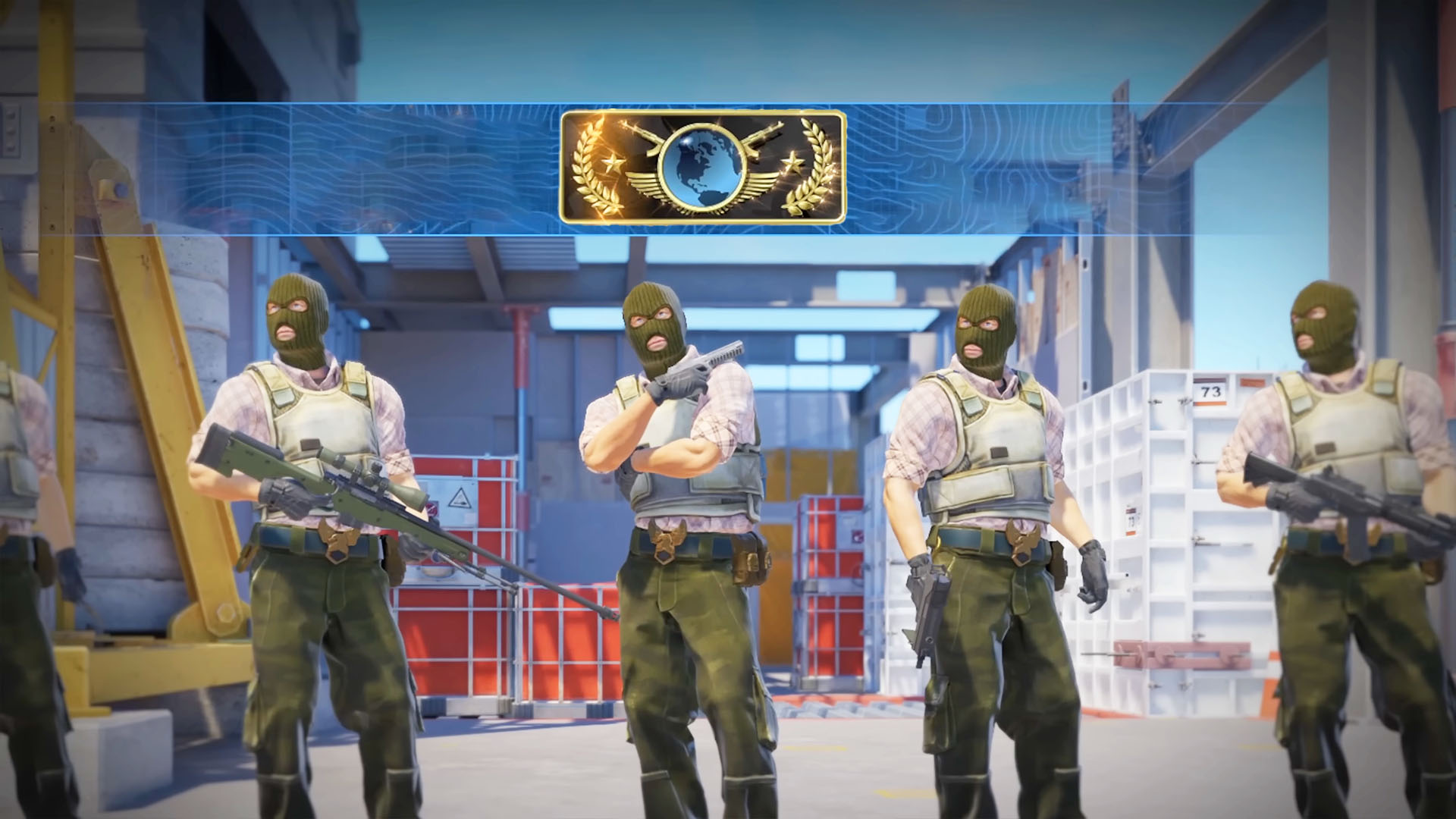



























.png?#)




































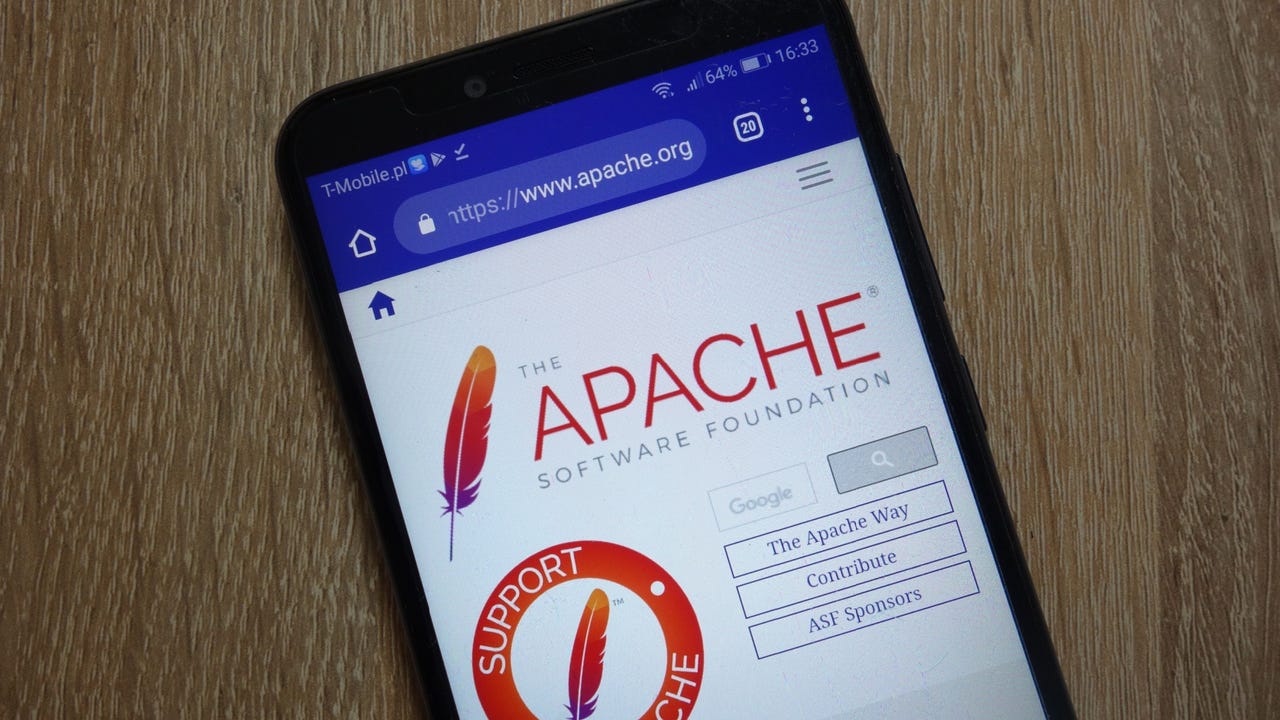
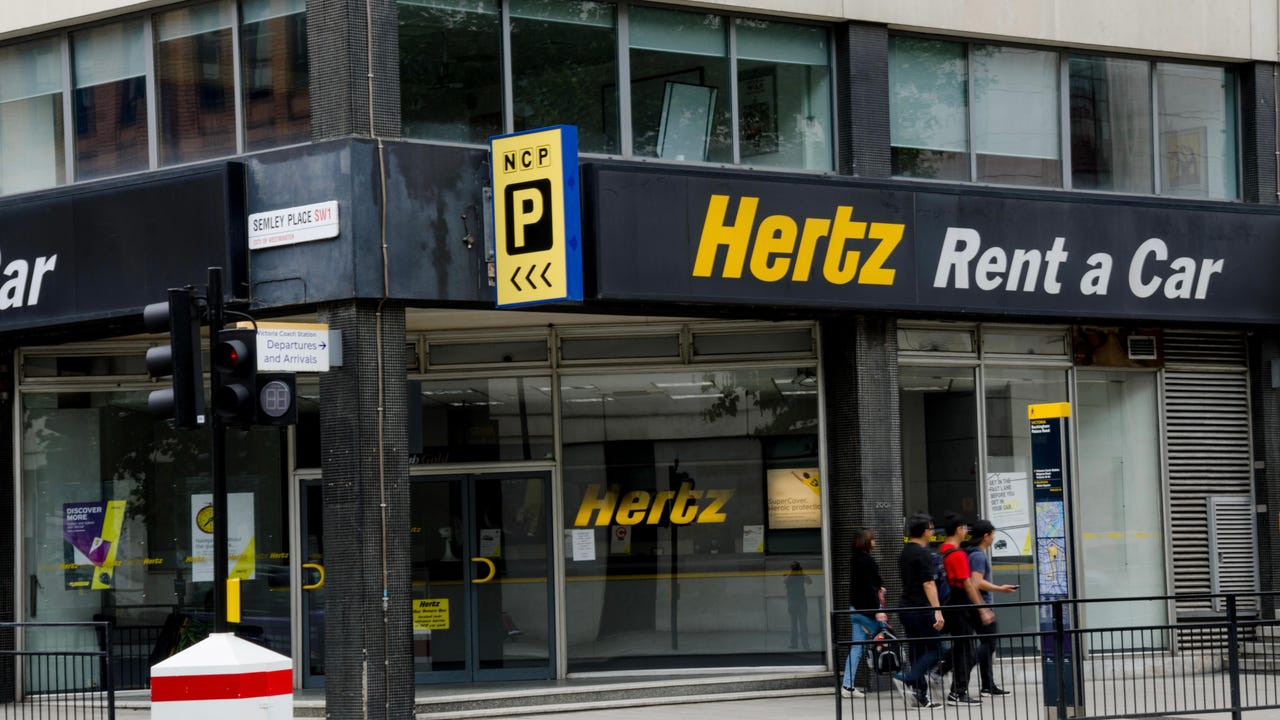



.webp?#)













































































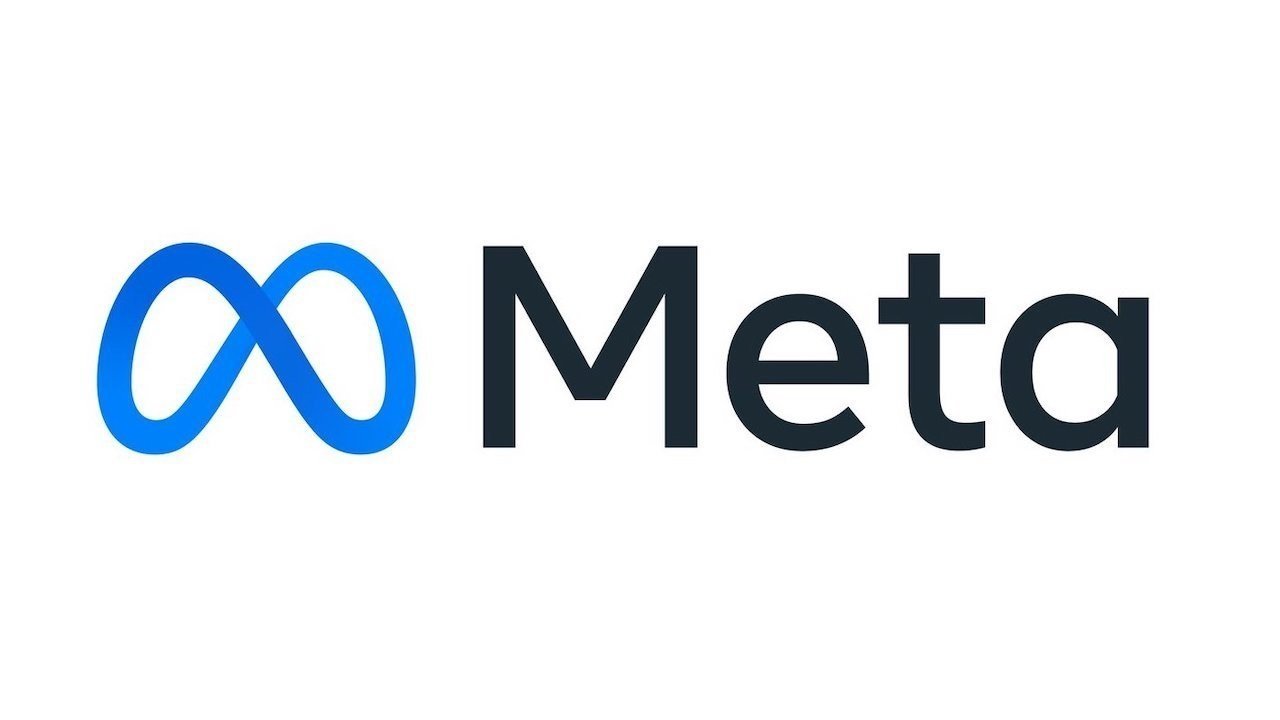

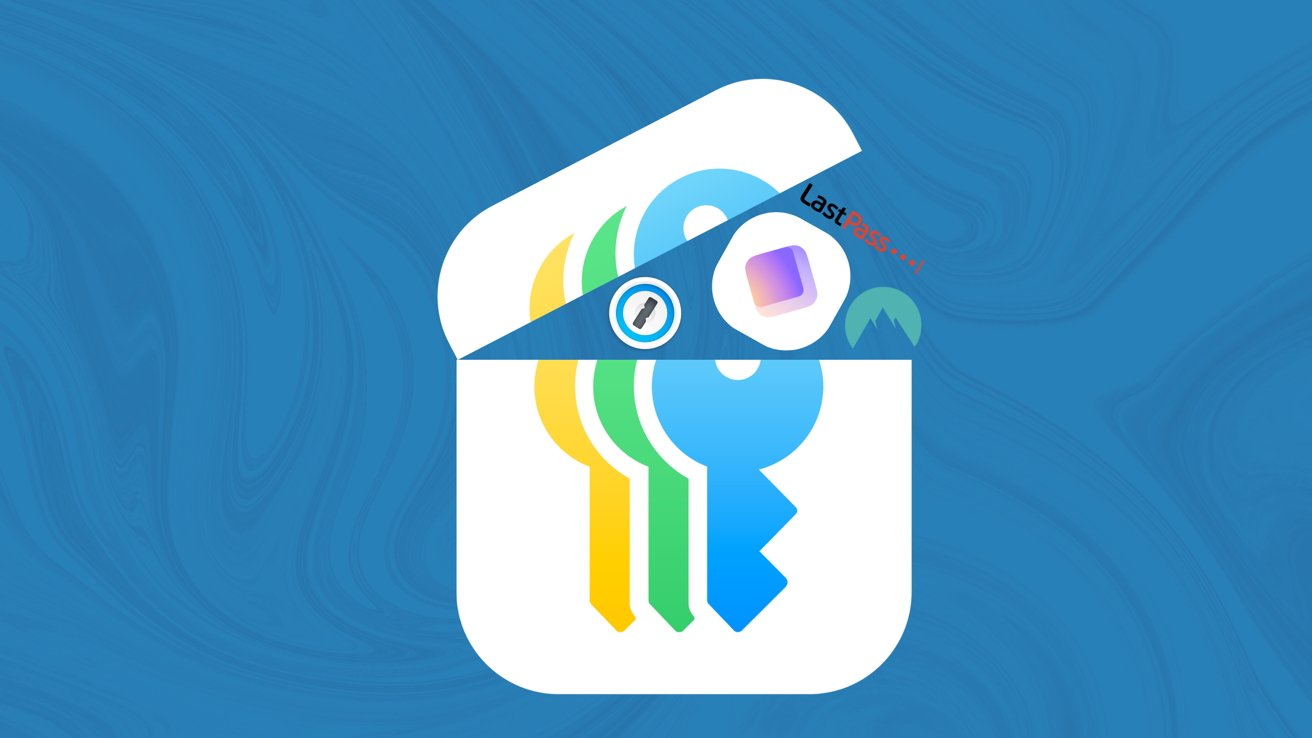



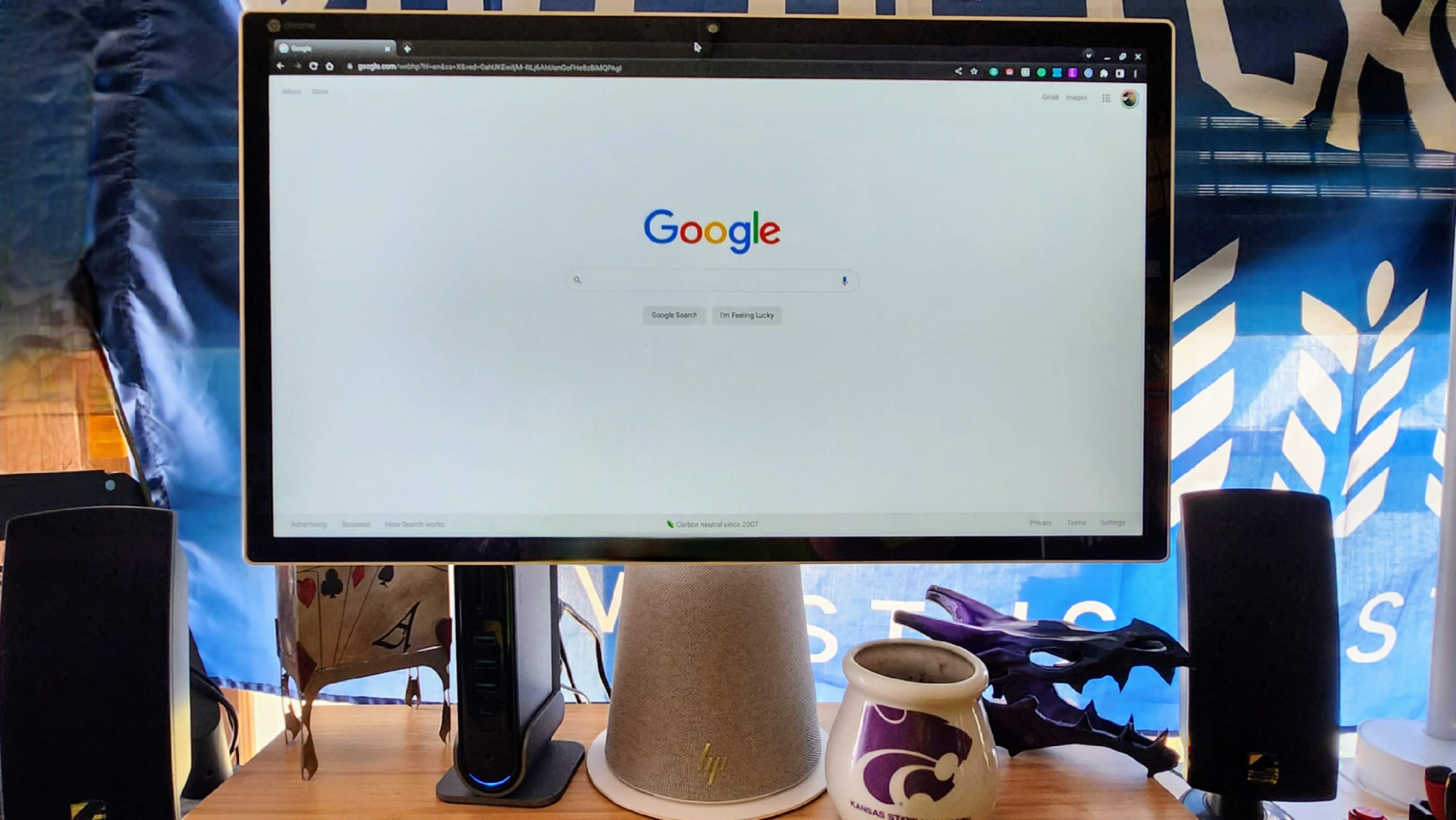





![CVE security program used by Apple and others has funding removed [U]](https://i0.wp.com/9to5mac.com/wp-content/uploads/sites/6/2025/04/CVE-security-program-used-by-Apple-and-others-under-immediate-threat.jpg?resize=1200%2C628&quality=82&strip=all&ssl=1)












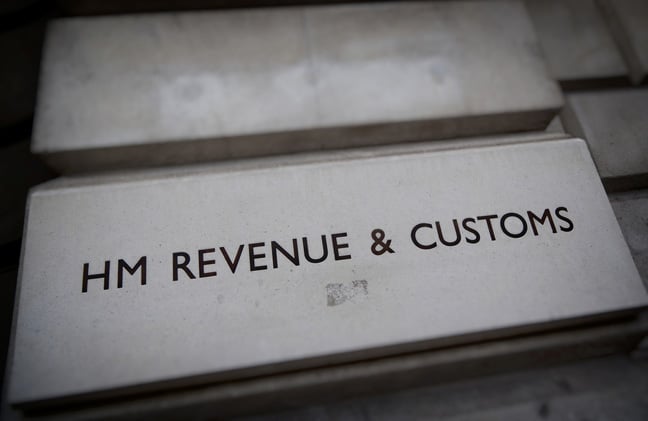
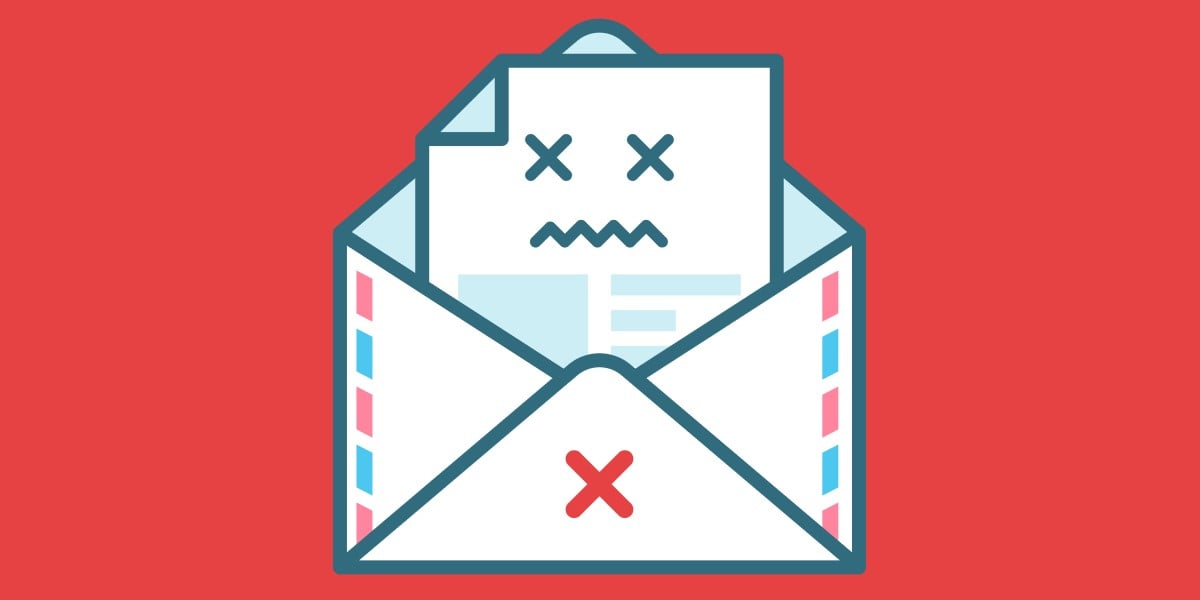
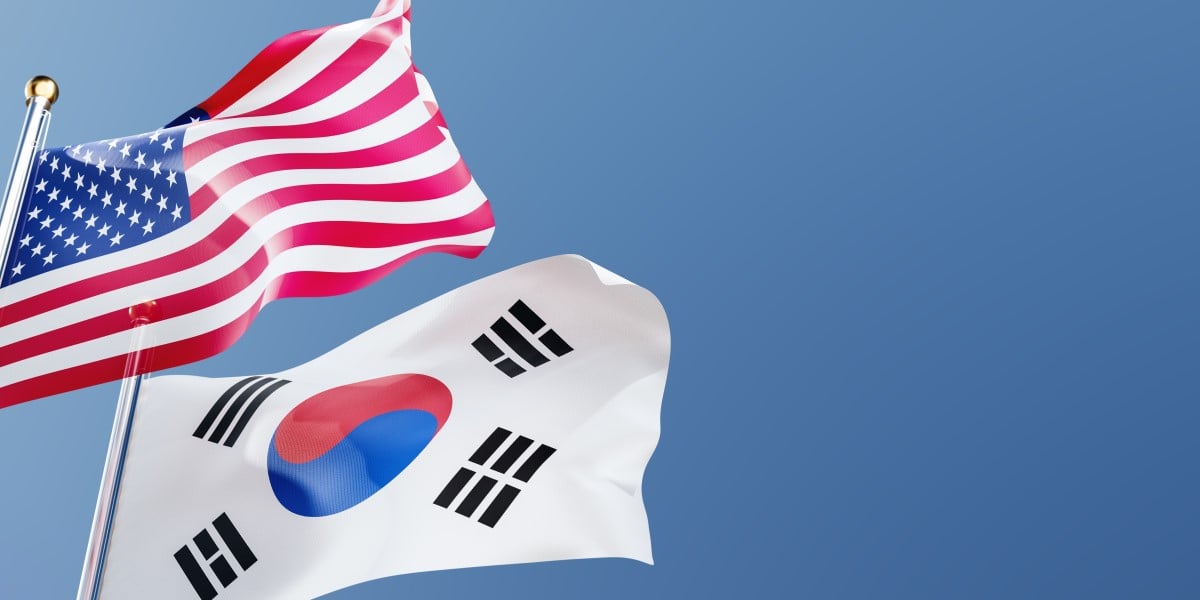
![Apple to Split Enterprise and Western Europe Roles as VP Exits [Report]](https://www.iclarified.com/images/news/97032/97032/97032-640.jpg)
![Nanoleaf Announces New Pegboard Desk Dock With Dual-Sided Lighting [Video]](https://www.iclarified.com/images/news/97030/97030/97030-640.jpg)

![Apple's Foldable iPhone May Cost Between $2100 and $2300 [Rumor]](https://www.iclarified.com/images/news/97028/97028/97028-640.jpg)


















![Daredevil Born Again season 1 ending explained: does [spoiler] show up, when does season 2 come out, and more Marvel questions answered](https://cdn.mos.cms.futurecdn.net/i8Lf25QWuSoxWKGxWMLaaA.jpg?#)


